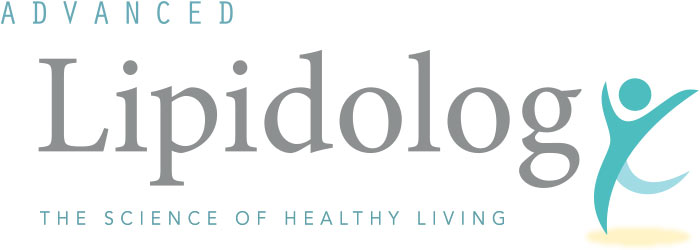- Diabetes is a long term condition that cause high blood sugar levels.
- Type I Diabetes: the body does not produce insulin and injection of insulin is necessary.
- Type II Diabetes the body does not produce enough inulin for proper function. 90% of diabetes is of this type. Insulin resistance is the first sign of risk for developing this type.
- Gestational Diabetes affects females during pregnancy but many women will go on to develop type II Diabetes later in life.
- Diabetics have greater risk for the development of cardiovascular disease and stroke. It is crucial hypertension (elevated Blood pressure) and cholesterol is monitored on a regular basis and treated to prevent cardiovascular disease.
- An astute provider can also identify those at risk by identifying patients with elevated triglycerides and low HDL-C (good cholesterol) from the traditional lipid panel. Diabetes can be prevented at this point.
- Late symptoms of diabetes are frequent urination, intense thirst and hunger, weight gain, unusual weight loss, cuts and bruises that do not heal, male sexual dysfunction, numbness and tingling in ands and feet. If identified at this stage, medication is inevitable.
N27 W23953 Paul Road, Suite 101
Pewaukee, WI 53072
Pewaukee, WI 53072
